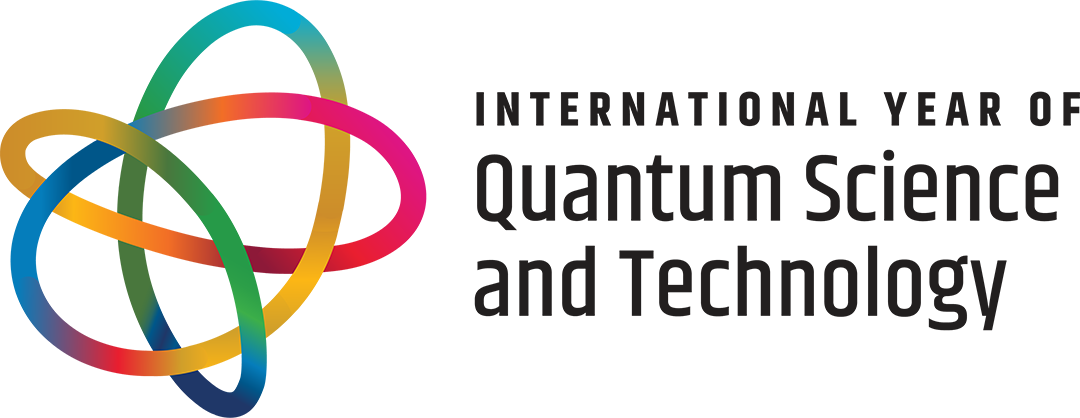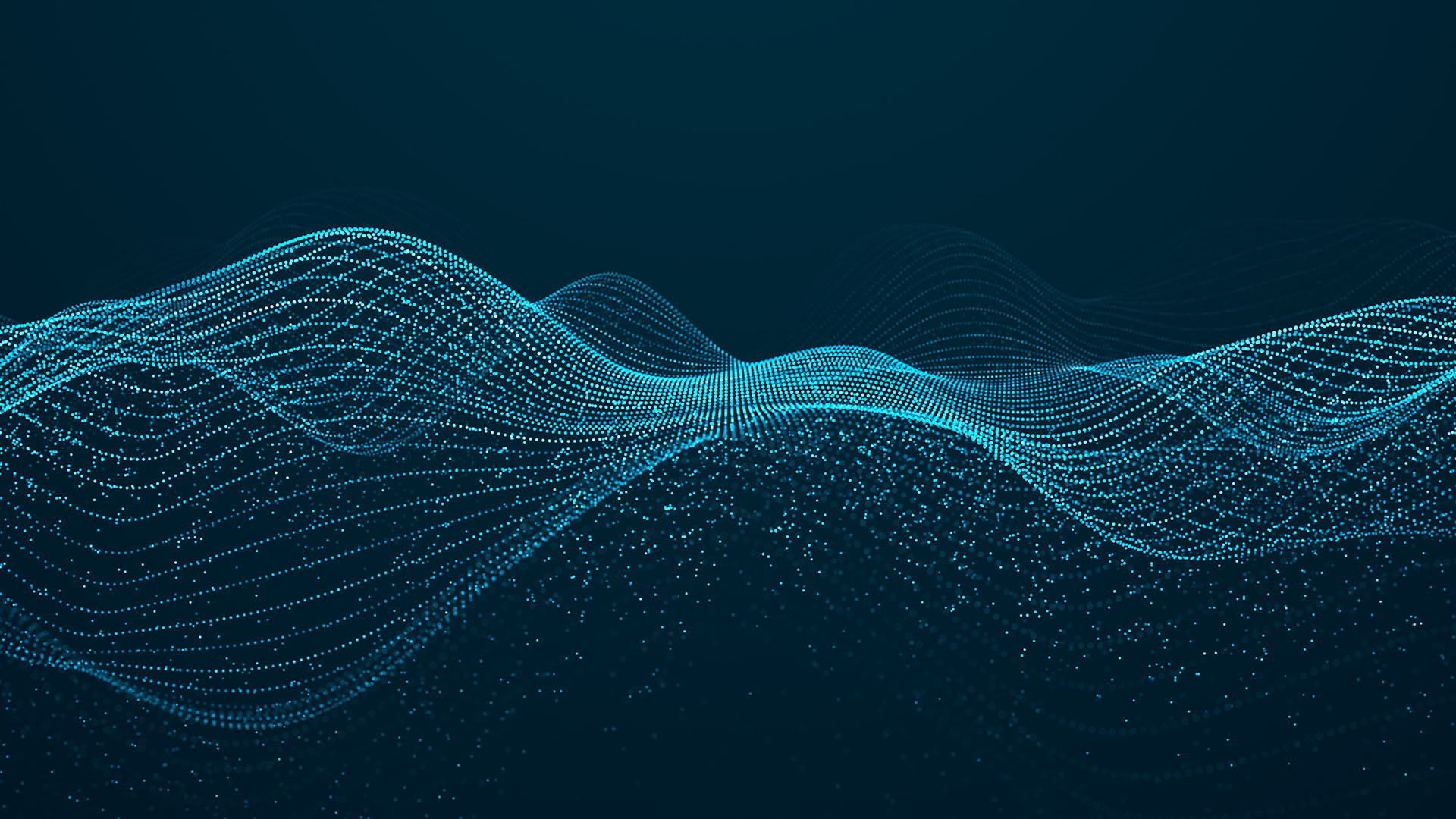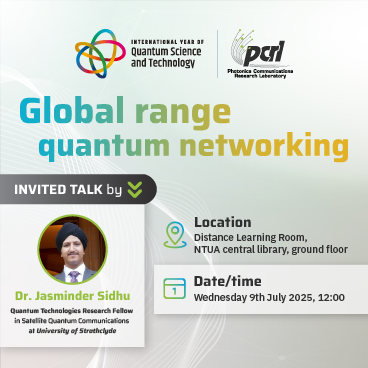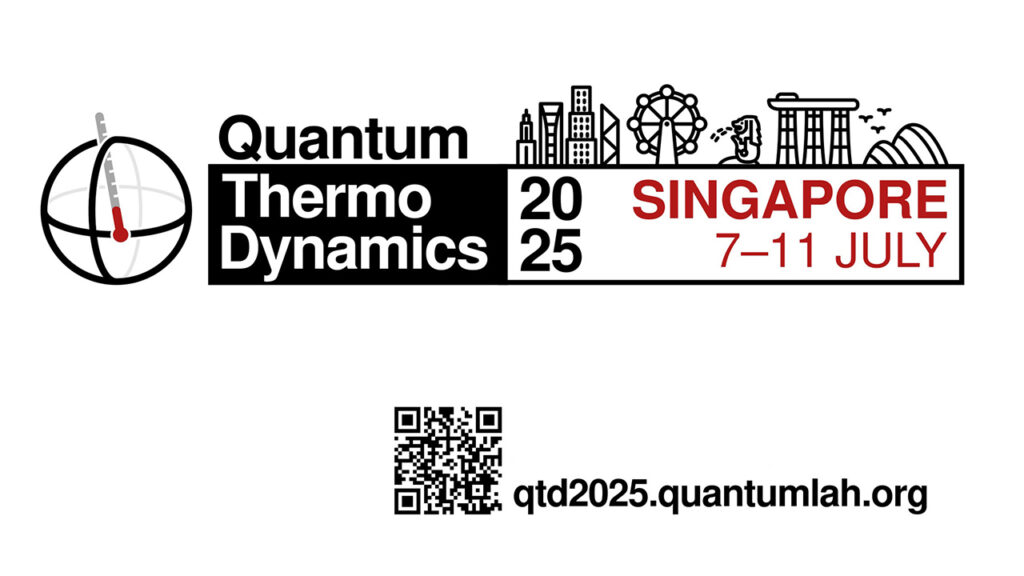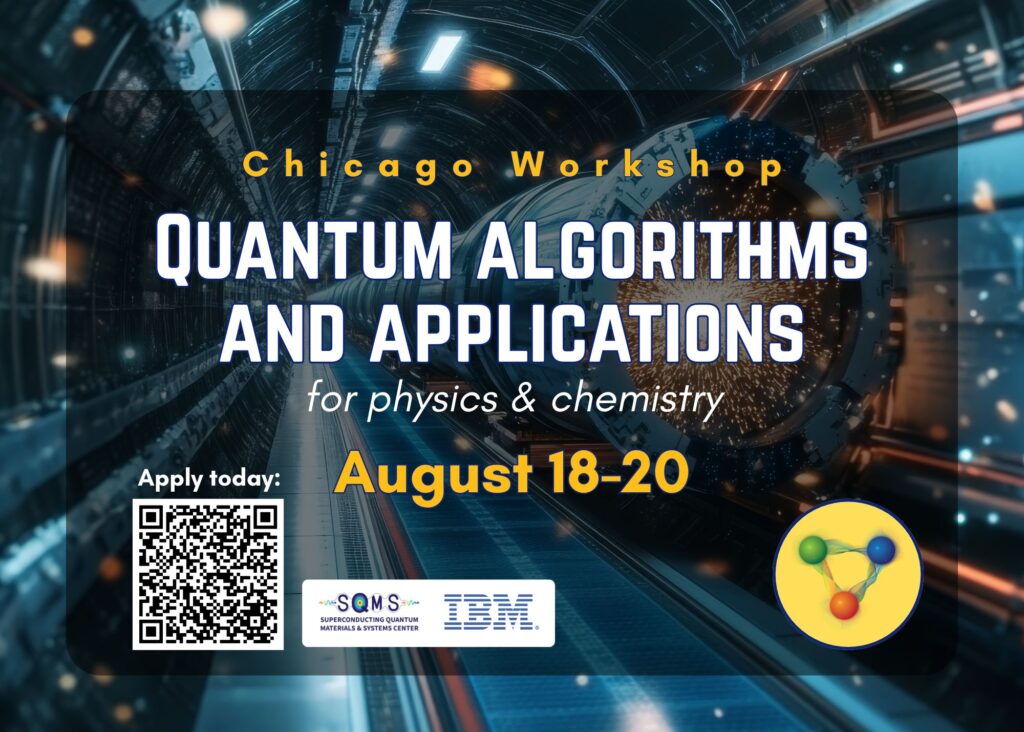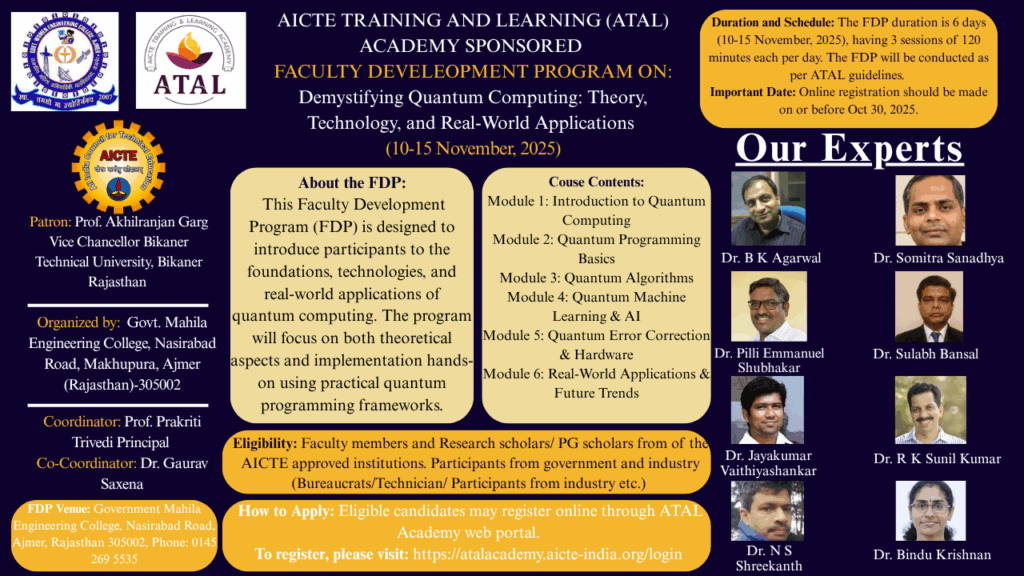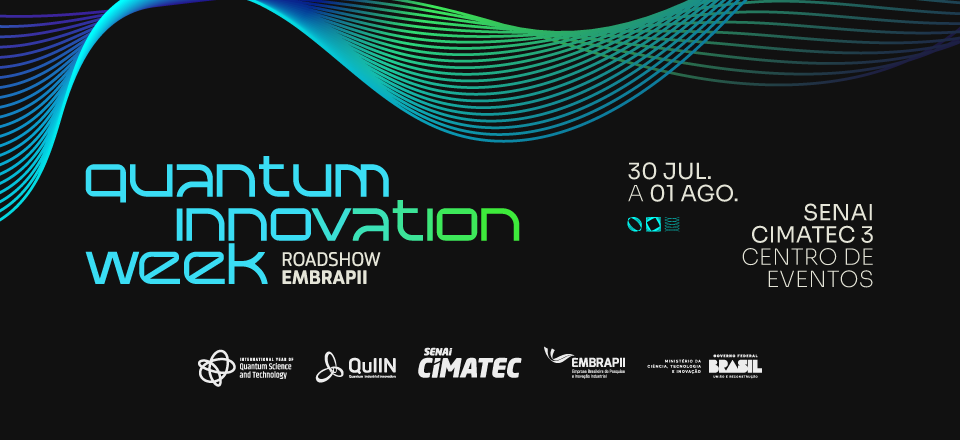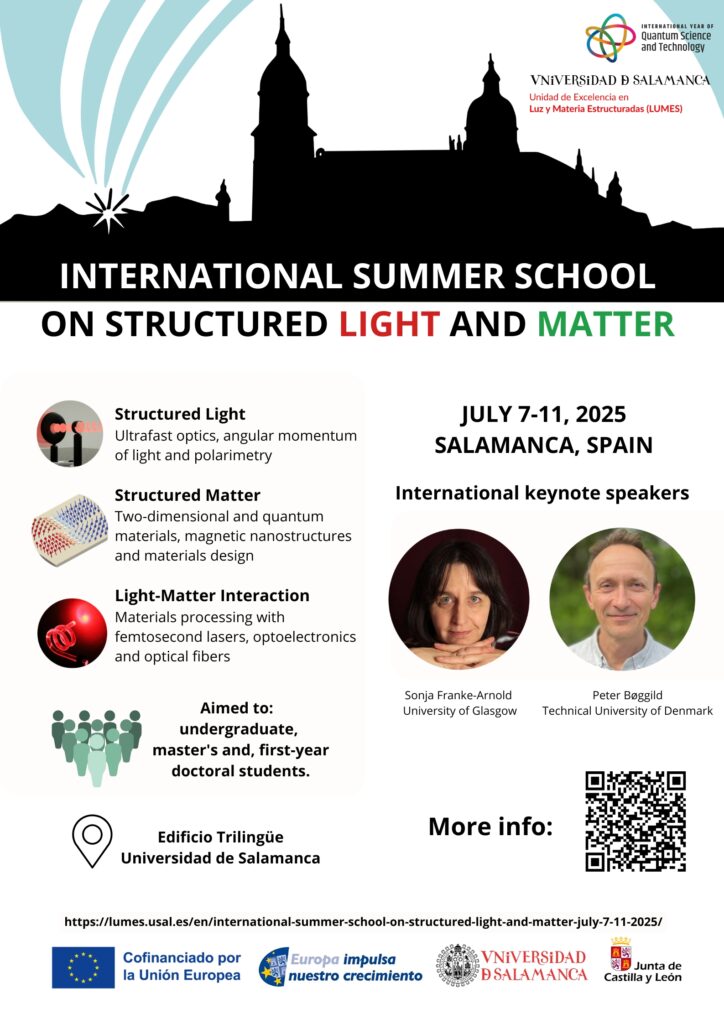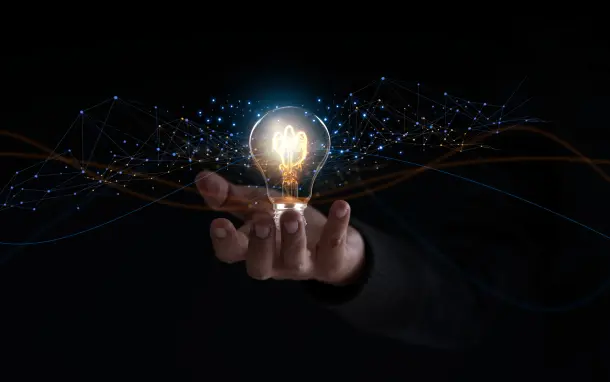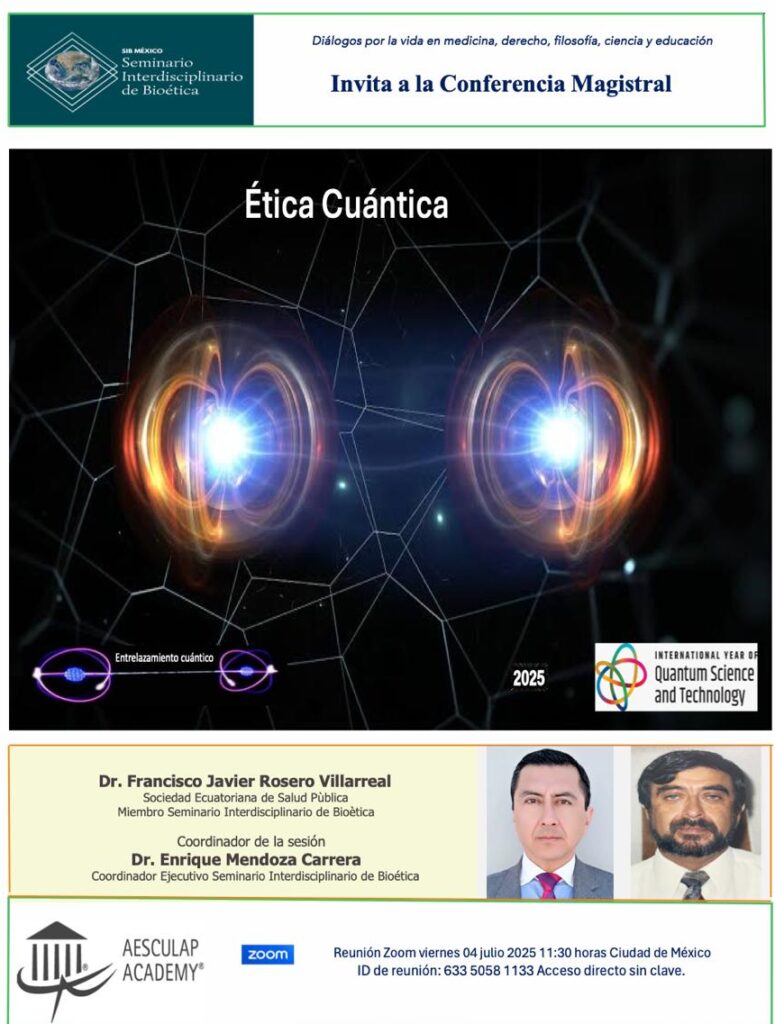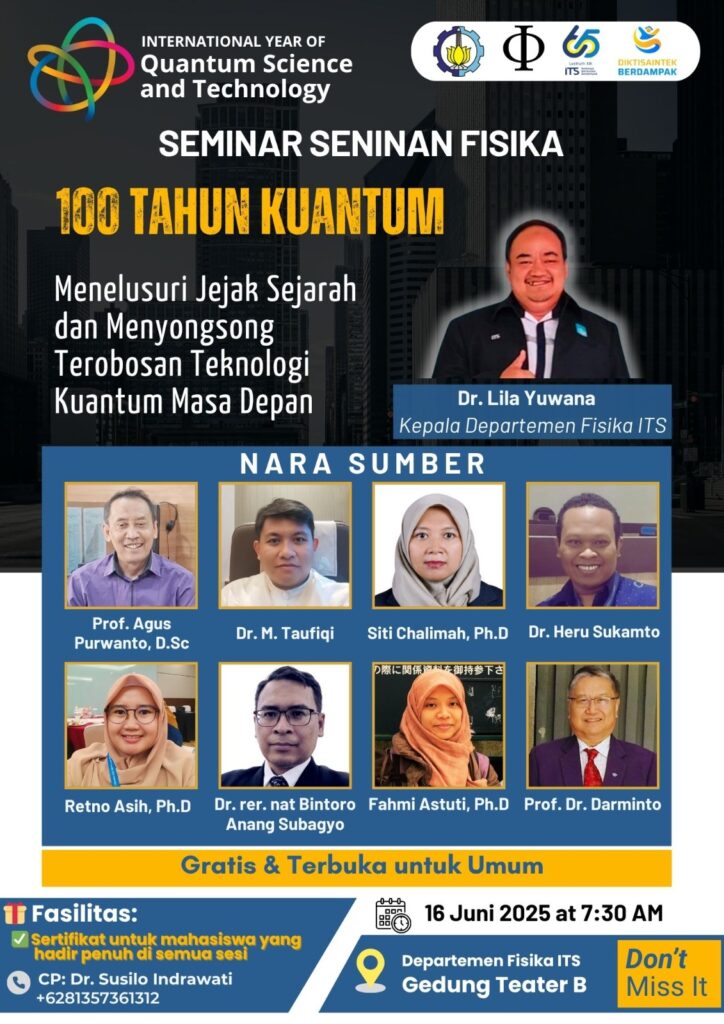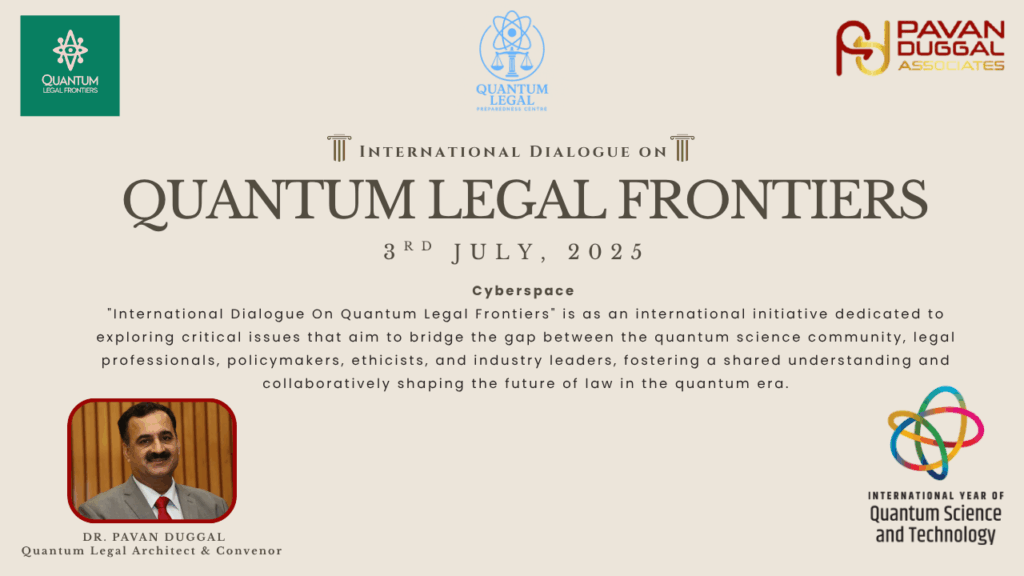The Quantum Leap and the Legal Imperative
The world stands on the cusp of a second quantum revolution. Advances in quantum science and technology, particularly in quantum computing, promise unprecedented computational power capable of tackling problems currently intractable for even the most powerful supercomputers. From accelerating drug discovery and material science to revolutionizing financial modeling and artificial intelligence, the potential applications are vast and transformative.
Recognizing the profound significance of this field, the United Nations has proclaimed 2025 as the International Year of Quantum Science and Technology. This global acknowledgment underscores the importance of raising public awareness, promoting international cooperation, and exploring the impact of quantum advancements across all sectors of society.
As quantum technology progresses from theoretical labs to practical applications, it inevitably intersects with existing legal, regulatory, and ethical frameworks. The unique principles of quantum mechanics challenge traditional notions of data security, intellectual property, privacy, governance, and even fundamental legal concepts. The development and deployment of quantum computing necessitate a proactive and informed approach to law and policy to harness its benefits while mitigating potential risks.
The Need for Legal Frontiers
While the scientific and technological aspects of quantum computing are rapidly evolving, the legal and policy discourse is still in its nascent stages. Existing laws, designed for a classical digital world, are often ill-equipped to address the complexities introduced by quantum capabilities. Issues such as the existential threat of quantum computers to current encryption methods, the legal status of quantum data, the ethical implications of quantum AI, and the need for international regulatory harmonization demand urgent attention.
“Quantum Legal Frontiers” is conceived as a timely and essential international platform dedicated to exploring these critical issues. It aims to bridge the gap between the quantum science community, legal professionals, policymakers, ethicists, and industry leaders to foster a shared understanding and collaboratively shape the future of law in the quantum era.
Event Objectives
The “Quantum Legal Frontiers” event aims to achieve the following objectives:
• Raise Global Awareness: Educate legal professionals, policymakers, industry stakeholders, and the public about the fundamental concepts of quantum computing and its immediate and long-term implications for law and society.
• Facilitate Interdisciplinary Dialogue: Create a unique hybrid space for experts from quantum science, law, policy, ethics, and industry to engage in constructive discussions on pressing issues.
• Identify and Analyze Legal Challenges: Deep dive into the specific legal, regulatory, and ethical complexities introduced by quantum computing across various domains.
• Explore Policy Responses: Discuss potential legal and policy frameworks, standards, and strategies necessary to govern quantum technologies effectively and responsibly.
• Promote International Collaboration: Highlight the importance of cross-border cooperation in developing harmonized legal approaches to a technology with global impact.
• Build Capacity: Equip attendees with the knowledge and perspectives needed to navigate the evolving landscape of quantum computing and law in their respective fields.
• Contribute to the UN International Year of Quantum Science and Technology: Serve as a significant global event marking the year by focusing on the crucial societal dimension of quantum advancements – its legal implications.
Exploring the Frontiers: Key Themes
The event will feature sessions covering, but not limited to, the following key themes:
• Quantum Cybersecurity and the Law: Post-Quantum Cryptography (PQC) migration legal mandates, liability for quantum-related data breaches, legal implications of “harvest now, decrypt later” threats, legislative needs for quantum-resistant infrastructure.
• Data Privacy & Protection in the Quantum Age: Re-evaluating data protection laws (like GDPR, CCPA) in light of quantum capabilities, legal challenges to consent and anonymity, protecting sensitive data against quantum attacks.
• Intellectual Property Rights in Quantum Technologies: Patenting quantum algorithms and hardware, trade secret protection for quantum software and techniques, challenges of inventorship and ownership in collaborative quantum research.
• Quantum Computing Regulation & Governance: The need for new national and international regulatory frameworks, export controls and national security implications, international standards for quantum technologies, anticipatory governance approaches.
• Ethical and Societal Implications: Legal and ethical considerations of quantum-enhanced AI (bias, accountability, transparency), potential for misuse (e.g., surveillance), ensuring equitable access and preventing a “quantum divide.”
• Quantum Computing and Cybercrime: Legal definitions of quantum-enabled cyber offenses, challenges for law enforcement and digital forensics, international cooperation in prosecuting quantum cybercrimes.
• Contractual and Liability Issues: Defining terms, reliability, and responsibility in contracts involving quantum computing services or hardware; establishing liability for errors or unintended consequences of quantum computations.
• Geopolitics of Quantum Computing: Legal and policy aspects of the global race for quantum supremacy, international norms, and arms control considerations.
• Sector-Specific Legal Deep Dives: Examining the unique legal impacts in finance, healthcare, pharmaceuticals, energy, and other key industries.
Join us in exploring and shaping the Quantum Legal Frontiers of tomorrow. More in the link

